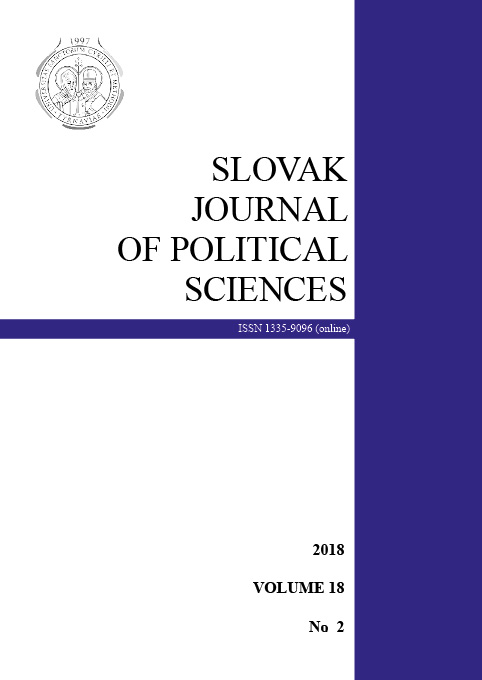Identity Conflicts? The Sense of ‘Victimhood’ and the Enemy Images of Turkey and Azerbaijan in the Foreign Policy Discourse of Armenia
Identity Conflicts? The Sense of ‘Victimhood’ and the Enemy Images of Turkey and Azerbaijan in the Foreign Policy Discourse of Armenia
Author(s): Aram TerzyanSubject(s): Government/Political systems, International relations/trade, Politics and Identity, Peace and Conflict Studies
Published by: Univerzita sv. Cyrila a Metoda v Trnave, Katedra politológie
Keywords: ‘Self’-‘Other’; Armenian-Turkish; Armenian-Azerbaijani relations; Victim; Enemy;
Summary/Abstract: Students of Armenia’s foreign policy have broadly treated the troubled relations with neighboring Azerbaijan and Turkey as an unsurprising consequence of the long-standing Nagorno-Karabakh conflict. It is taken for granted that the volatile geopolitics of the South Caucasus region is the core rationale behind the perpetual confrontations and hostilities (Melander, 2001; Shaffer, 2009). However, this line of thinking tends to overlook the ideational landscape of the turbulence . This article argues that modern Armenia’s political identity has been characterized by an acute sense of ‘victimhood’ arising from the memory of the Armenian Genocide, and that Turkey plays an important role as an ‘Other’, which enhances Armenia’s self-image as a ‘victim’. It suggests that negative images of Turkey and its ally Azerbaijan are deeply embedded, rather than being a product of manipulation. Yet the ruling elite has consistently appealed to the enemy images in attempts to assert Armenia’s ‘victimhood’, divert attention from complex problems and legitimate its power by presenting country’s plight as ‘structurally inevitable’ in its ‘dog-eat-dog’ neighborhood. Furthermore, it argues that Armenia’s self-image of a ‘victim’ has significantly affected the treatment of Russia as an indispensable security ally.
Journal: Slovenská politologická revue
- Issue Year: 18/2018
- Issue No: 2
- Page Range: 155-175
- Page Count: 21
- Language: English

